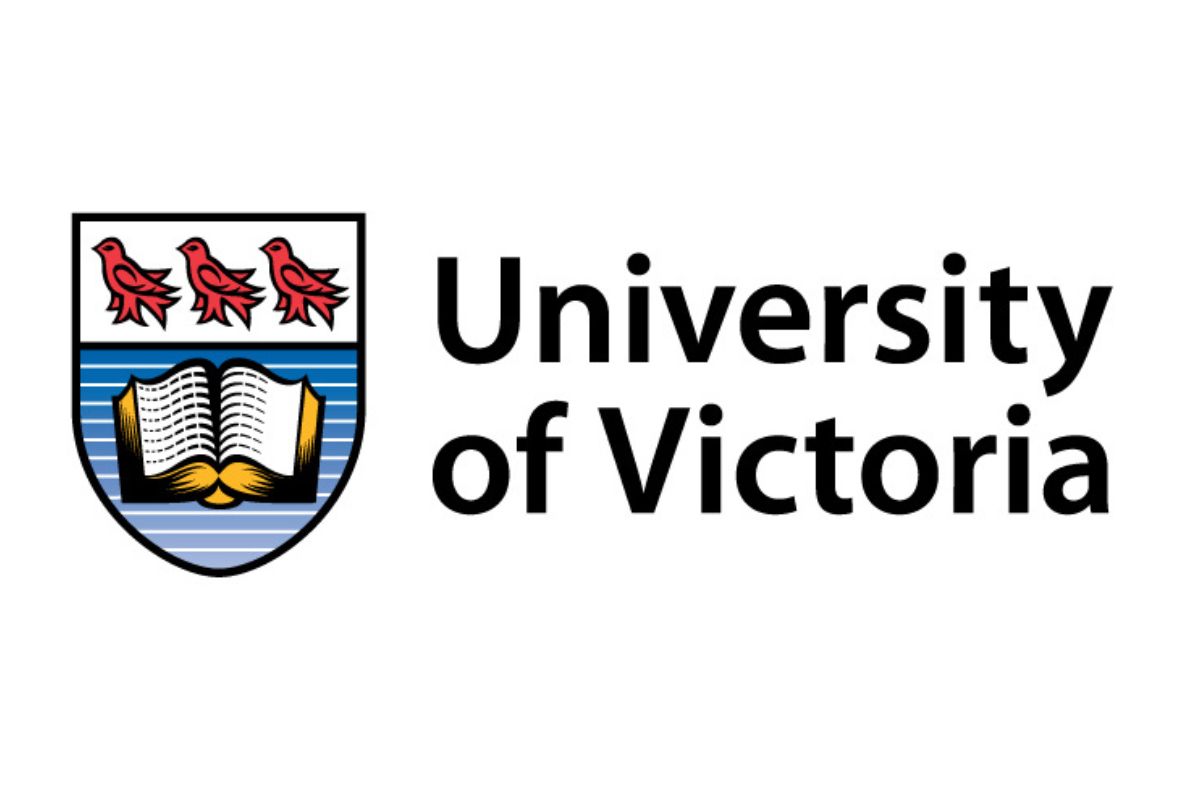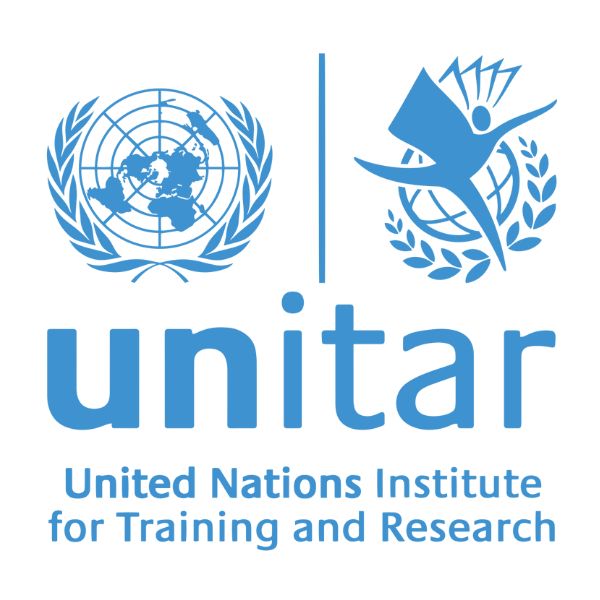Fundamentals of ESG & Impact Management for SMEs
Building resilient SMEs through ESG excellence & accelerating a sustainable future with impact-driven businesses
Why is ESG a Must for Startups Across All Industries?
Duration: 8 Weeks
Delivery Style: Hybrid
(Asynchronous Activities + Live Zoom Sessions)
Commitment: 3-4hrs/Week
(Approximately 30 Hours Total)
Cost: Free or Nominal Fee to Selected SMEs – Thanks To Our Sponsors!
In today’s rapidly evolving business landscape, Environmental, Social, and Governance (ESG) factors have emerged as critical elements driving business success and resilience. For small and medium-sized enterprises (SMEs) in Canada, understanding and integrating ESG principles is not just a matter of compliance or corporate responsibility; it’s a strategic imperative that unlocks new opportunities, enhances brand value, attracts investments and talent, and fosters long-term value creation and growth.
Moreover, current regulatory trends are rapidly moving toward mandatory disclosure of ESG factors starting in 2024 in many jurisdictions for listed companies and large private companies.
100%
Of participants agreed that the course content was relevant to their jobs
100%
Of participants considered the content of the course as "excellent"
Alacrity is dedicated to ESG programming
Alacrity is dedicated to ESG programming because we want to help scale SMEs so they can be prepared for their own future, and participate in creating a brighter future for us all.
Course Benefits
Learn How Your Business
Impacts Others
Our course is specifically designed for small and med-sized companies, including startups, with a focus on practical implementation, providing simple but effective tools to identify, manage and report on ESG impacts. Participants will explore how ESG factors can significantly influence their business operations, recruitment, financial performance, and market reputation. Through interactive modules, real-world case studies, and expert insights, the course covers the full spectrum of ESG considerations.
Learn how to effectively implement ESG practices into your organization and get the rest of your team on board.
Develop an action plan to manage ESG risks and capture opportunities in the global and local sustainability transition.
Access to latest insights from practice and leading research on ESG and impact measurement & management.
Establish relevant KPIs for your own business, and track your ESG and impact metrics to drive positive change for your stakeholders.
You’ll take this journey with other entrepreneurs. You won’t just be networking while your study. You’ll be bonding while you study. You’ll work with cohort peers and industry leaders using practical tools, hands-on assignments and have interactive discussions.
Use custom templates to communicate your ESG goals and accomplishments to your various stakeholders, investors and clients alike; positioning yourself as an ESG leader among your competitors.

UVIC Delivery Partnership



UVIC Delivery Partnership
We built this program in partnership with the University of Victoria to ensure that we had the best educational resources for our program participants. Those who complete the course will receive a UNITAR Certification, which will bolster your ESG credibility with stakeholders.
Click here to Pre-Register
Course Modules
Learning Goals:
- Explain what ESG means and why ESG matters for SMEs?
- Describe key environmental, social and governance factors for businesses.
- Explain how ESG factors affect firm performance and relationships with stakeholders (ESG materiality).
- Gain awareness of national and global trends in ESG and climate-related disclosures and implications for SMEs.
Learning Goals:
- Explain key environmental issues and how they affect firms’ value drivers and relationships with suppliers, customers, employees, investors, government and community.
- Identify material environmental issues for your industry and your company (climate change, pollution and waster, natural resources scarcity, product life cycle, biodiversity, etc.).
- Understand climate-related risks and opportunities and how they are affecting business and investment activities, in BC, Canada and globally.
- Identify key strategies for SMEs to measure, manage and report of E factors (GHG emissions, waste, water, other material factors).
Learning Goals:
- Explain key social factors and how they affect your company’s value drivers and relationships with stakeholders (focus on risks and opportunities related to recruitment, retention, productivity, customers/suppliers relations, etc.)
- Identify material social issues for your industry and your company (people management including EDI, labor relations, community engagement, product safety and security, etc.).
- Identify key strategies for SMEs to measure, manage and report of S factors.
Learning Goals:
- Understand the critical importance of governance in SMEs context.
- Explain key governance factors and how they affect business performance (board structure, diversity, executive remuneration, transparency, financial integrity, accountability, business ethics etc.).
- Identify material governance factors for your business.
- Understand the role of the Board of Directors and explain key characteristics of effective corporate governance.
- Identify key best practices in measuring and reporting on G factors
Learning Goals
- Explain the difference between ESG and Impact, and and how/when to effectively leverage them in your strategy as the sustainability reporting landscape is shifting from single to double double materiality (outcome-driven).
- Recognize different impact measurement and management (IMM) frameworks used by investors and other stakeholders (UN SDGs, IMP five dimensions of impact; IRIS+; etc.).
- Identify suitable impact frameworks for SMEs and relevant impact metrics for your company & business model.
- Develop strategies for communicate your impact story and performance metrics to different stakeholders(investors, customers, etc.)
Learning Goals
- Learn about the importance of businesses, especially SMEs, in the reconciliation process.
- Identify how businesses can positively impact Indigenous communities through economic partnerships, employment, and entrepreneurship.
- Enhance cultural competency and sensitivity towards Indigenous cultures and issues within business practices.
- Understand the importance of respectful engagement with Indigenous communities.
- Provide resources, tools and best practices to develop and implement actionable reconciliation strategies within your business.
- Motivate participants to commit to ongoing learning and engagement with Indigenous reconciliation efforts.
Hands-on workshop applied to your own company using a custom reporting template to:
- Identify material ESG issues for your company
- Find relevant metrics (quantitative ad qualitative) for your business
- Analyze your baseline ESG score
- Set targets and prepare your action plan
Hands-on workshop applied to your own company using a custom SDG alignment template + facilitated discussion to identify key steps for your company to develop and implement actionable reconciliation strategies.
- Reflect on your company’s impact goals using the SDG framework
- Identify relevant SDG targets aligned with your core business (emphasis on avoiding greenwashing)
- Practice with an impact reporting tool
- Identify key actions and resources for advancing reconciliation
- Communicate your impact story
- Each company to prepare a pitch deck summarizing your baseline ESG/Impact performance and proposed action plan for the next 12 months with identified KPIs for tracking.
- Each company to receive feedback on their action plan from a panel made of the instructors plus other experts
Learning Goals:
- Explain what ESG means and why ESG matters for SMEs?
- Describe key environmental, social and governance factors for businesses.
- Explain how ESG factors affect firm performance and relationships with stakeholders (ESG materiality).
- Gain awareness of national and global trends in ESG and climate-related disclosures and implications for SMEs.
Learning Goals:
- Explain key environmental issues and how they affect firms’ value drivers and relationships with suppliers, customers, employees, investors, government and community.
- Identify material environmental issues for your industry and your company (climate change, pollution and waster, natural resources scarcity, product life cycle, biodiversity, etc.).
- Understand climate-related risks and opportunities and how they are affecting business and investment activities, in BC, Canada and globally.
- Identify key strategies for SMEs to measure, manage and report of E factors (GHG emissions, waste, water, other material factors).
Learning Goals:
- Explain key social factors and how they affect your company’s value drivers and relationships with stakeholders (focus on risks and opportunities related to recruitment, retention, productivity, customers/suppliers relations, etc.)
- Identify material social issues for your industry and your company (people management including EDI, labor relations, community engagement, product safety and security, etc.).
- Identify key strategies for SMEs to measure, manage and report of S factors.
Learning Goals:
- Understand the critical importance of governance in SMEs context.
- Explain key governance factors and how they affect business performance (board structure, diversity, executive remuneration, transparency, financial integrity, accountability, business ethics etc.).
- Identify material governance factors for your business.
- Understand the role of the Board of Directors and explain key characteristics of effective corporate governance.
- Identify key best practices in measuring and reporting on G factors
Learning Goals
- Explain the difference between ESG and Impact, and and how/when to effectively leverage them in your strategy as the sustainability reporting landscape is shifting from single to double double materiality (outcome-driven).
- Recognize different impact measurement and management (IMM) frameworks used by investors and other stakeholders (UN SDGs, IMP five dimensions of impact; IRIS+; etc.).
- Identify suitable impact frameworks for SMEs and relevant impact metrics for your company & business model.
- Develop strategies for communicate your impact story and performance metrics to different stakeholders(investors, customers, etc.)
Learning Goals
- Learn about the importance of businesses, especially SMEs, in the reconciliation process.
- Identify how businesses can positively impact Indigenous communities through economic partnerships, employment, and entrepreneurship.
- Enhance cultural competency and sensitivity towards Indigenous cultures and issues within business practices.
- Understand the importance of respectful engagement with Indigenous communities.
- Provide resources, tools and best practices to develop and implement actionable reconciliation strategies within your business.
- Motivate participants to commit to ongoing learning and engagement with Indigenous reconciliation efforts.
Hands-on workshop applied to your own company using a custom reporting template to:
- Identify material ESG issues for your company
- Find relevant metrics (quantitative ad qualitative) for your business
- Analyze your baseline ESG score
- Set targets and prepare your action plan
Hands-on workshop applied to your own company using a custom SDG alignment template + facilitated discussion to identify key steps for your company to develop and implement actionable reconciliation strategies.
- Reflect on your company’s impact goals using the SDG framework
- Identify relevant SDG targets aligned with your core business (emphasis on avoiding greenwashing)
- Practice with an impact reporting tool
- Identify key actions and resources for advancing reconciliation
- Communicate your impact story
- Each company to prepare a pitch deck summarizing your baseline ESG/Impact performance and proposed action plan for the next 12 months with identified KPIs for tracking.
- Each company to receive feedback on their action plan from a panel made of the instructors plus other experts
ESG Program Leaders


Dr. Basma
Majerbi
Dr. Majerbi designed the curriculum for this course in collaboration with ESG experts and based on interviews with various SMEs managers and founders, investors, lenders and grant providers interested in Canadian SMEs and startups.
Associate professor of Finance at Gustavson School of Business, UVic; Director, VI3Hub; Instructor, Institute of Capacity Development, International Monetary Fund; Canadian Sustainable Finance Network Steering Committee member; Research Advisory Council, Institute for Sustainable Finance; Board Director, SIPP; Impact Investment committee, UVic and Victoria Foundation.


Micheal
Meehan
With 20+ years in ESG finance, sustainability and impact, Michael has previously worked with the White House, the UN, the World Economic Forum and more. He brings a global perspective on pressing ESG issues in Canada.
Chairman, UK Sustainable Investment & Finance Association; adjunct professor at Gustavson School of Business, UVic; former CEO, Global Reporting Initiative; sits on advisory boards of impact funds in the EU, US, Canada and Asia; former vice chair, Natural Capital Coalition; former CEO, Carbonetworks


Joanna Buckzowska-McCumber
Joanna brings over 15 years of experience working at the nexus of entrepreneurship, strategic growth, and impact. Her holistic approach to considering every aspect of ESG and impact as we build a future-focused strategy will be critical to aligning company values with desired growth outcomes.
Corporate Sustainability Strategist and Founder, Ideas for Impact Sustainability Agency; EIR Coast Capital Innovation Centre, University of Victoria; Chair Scale Institute for Social Finance and Social Enterprise Solutions; Previous Executive Director League of Innovators; Previous Managing Director Centre for Social Innovation and Impact Investing at UBC. Impact startup advisor to many.


Tricia LaxÇlÇwÇtstnaat Thomas
Tricia is an award-winning Indigenous entrepreneur, facilitator, speaker, consultant, and a proud member of Halalt (Xeláltxw) Nation on Vancouver Island. She is contributing her skills to support Reconciliation and the Declaration of Rights for Indigenous People Act.
Assistant Teaching Professor, Gustavsan School of Business. Award winning Indigenous entrepreneur, facilitator, speaker, committed to advancing reconciliation through business.
Register Now
Click here to register for the ESG Program. You will be redirected to UVIC's website.




